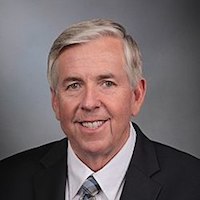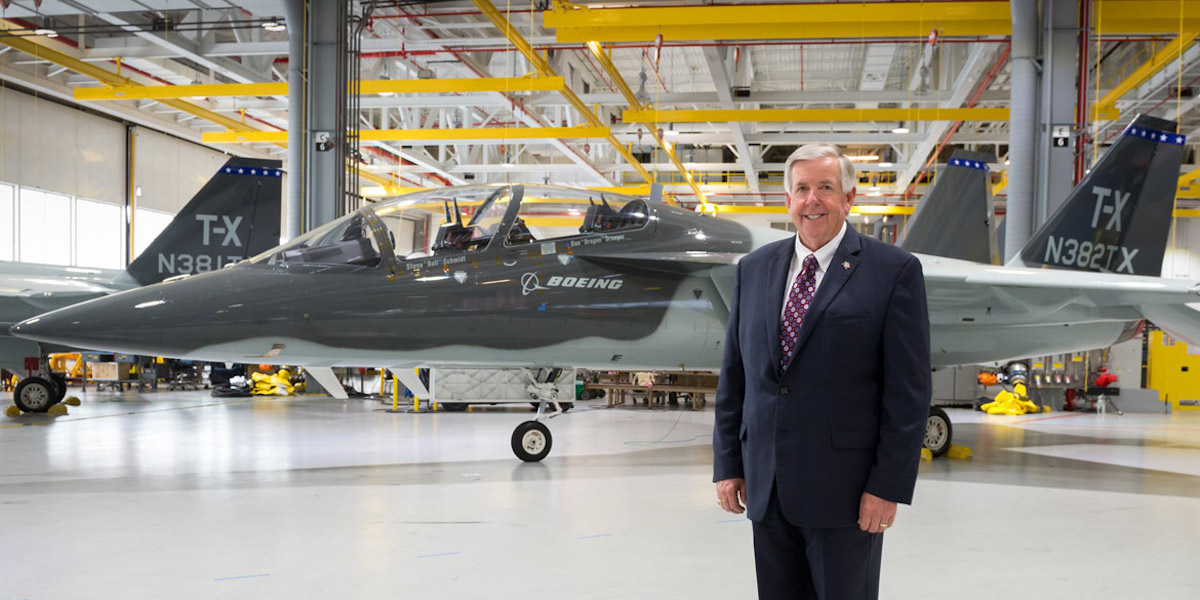
Washington, D.C., March 16 – Nationwide 111,804 people with disabilities got new jobs last year, including 8.040 new jobs in the Show Me State. Missouri now ranks 31st in the nation in terms of the employment rate for people with disabilities. Overall, there are 463,965 working-age (18-64) Missouri natives with disabilities and 172,283 have jobs. The newly published 2018 Annual Disability Statistics Compendium shows Missouri has an employment rate of 37.1 percent.
This news comes out weeks after Missouri Governor Mike Parson made a new commitment to ensure that state government becomes a model employer of people with disabilities. At a site visit with community service provider Paraquad in St. Louis, Gov. Parson said, “Making Missouri a model employer is vital to ensuring we are offering individuals living with disabilities options of secure competitive employment in the workforce. My administration’s vision for developing our workforce includes each and every Missourian.”
Parson’s announcement echoes previous statements he has made about expanding jobs for Missourians with disabilities. “Workplaces welcoming of all people, including people with disabilities, are a critical part of the efforts to build an inclusive community and strong economy,” Parson wrote in October 2018 in a proclamation celebrating Disability Employment Awareness Month.
“Our nation was founded on the principle that anyone who works hard should be able to get ahead in life,” said Hon. Steve Bartlett, current Chairman of Respectability, who co-authored the Americans with Disabilities Act when he was in Congress. “People with disabilities deserve the opportunity to earn an income and achieve independence, just like anyone else.”
A National Issue
Beyond Missouri, how is the workforce changing for people with disabilities? What is driving these changes? The answer is simple. According to Vincenzo Piscopo of the Coca-Cola Company: “People with disabilities bring a unique skill set that it is very valuable for companies.” He went on to add, “As it relates to employment and competitiveness in the workplace, we have to stop thinking of disability as a liability and start thinking of it as an asset.”
Brand-name companies such as JP Morgan Chase, Coca-Cola, Ernst & Young, IBM, Walgreen’s, Starbucks, CVS and Microsoft show people with disabilities are successful employees. These companies also know that these workers improve the bottom line. “People with disabilities bring unique characteristics and talents to the workplace,” said RespectAbility President Jennifer Laszlo Mizrahi. “Hiring people with disabilities is a win-win-win for employers, people with disabilities and consumers alike.”
As more companies hire employees with disabilities, conversations are shifting to focus on inclusion. “Disability inclusion is no longer about automatic doors, curb cuts, ramps, and legislation,” says Jim Sinocchi, Head of the Office of Disability Inclusion at JP Morgan Chase. “Today, the new era of disability inclusion is about “assimilation” – hiring professionals with disabilities into the robust culture of the firm.”
According to the Census Bureau, there are more than 56 million Americans living with a disability. Disabilities include visible conditions such as spinal cord injuries, visual impairments or hearing loss and invisible disabilities such as learning disabilities, mental health or Autism.
An Election Issue
Voter research, conducted by RespectAbility, shows how disability issues connect to all aspects of American life. “Fully three-quarters of likely voters either have a disability themselves or have a family member or a close friend with disabilities,” said former Representative and Dallas Mayor Steve Bartlett. “People with disabilities are politically active swing voters, and candidates should take note of the important issues they care about.”
As 2019 moves into 2020 and the political campaign season heats up, continuing job growth for people with disabilities will be a crucial indicator of the health of the American economy.

Be First to Comment